ICE Halts International Student Record Revocations After Nationwide Backlash
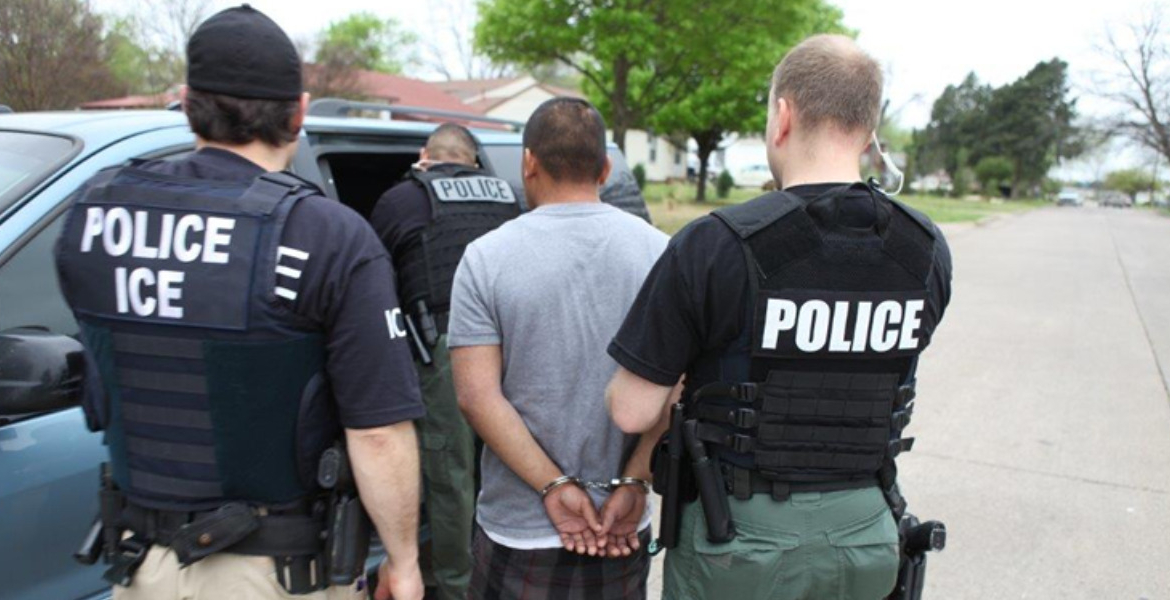
The Trump administration has suspended its controversial measures that threatened the immigration status of thousands of international students in the United States.
This is according to court filings disclosed nationwide on Friday. The decision follows mounting legal challenges and widespread criticism over the sudden and unexplained termination of student immigration records. The Department of Justice (DOJ), representing the administration, informed courts that US Immigration and Customs Enforcement (ICE) is developing a new framework to manage Student and Exchange Visitor Information System (SEVIS) record terminations. ICE will cease issuing record revocations based solely on data from the National Crime Information Centre (NCIC) pending the new system's completion, DOJ attorneys stated.
As of late Friday, preliminary tallies indicated that over 240 SEVIS records had been reinstated across 64 institutions. Attorneys in states such as New Hampshire, Georgia, and Pennsylvania confirmed that their clients were receiving reinstatement notices from their universities, offering some relief to international students whose academic pursuits had been disrupted. DOJ attorneys clarify that the reinstatement process would extend to all affected students, not just those who initiated legal action. However, ICE retains the authority to terminate SEVIS records under other circumstances, such as a student's failure to maintain nonimmigrant status or engagement in unlawful activities under the Immigration and Nationality Act.
While the restoration of records addresses a significant portion of the controversy, it does not resolve issues for students whose visas were revoked or who faced detention and deportation. The policy reversal comes after weeks of legal challenges in which international students described the situation as chaotic, with some losing their legal status without explanation or due process. In several instances, students were accused of having a "criminal history," despite never being charged or having charges dismissed. The crackdown, which began in March, initially targeted students involved in protests against the Israel-Hamas conflict on college campuses.
However, it soon expanded to include students with minor legal infractions, such as traffic violations, or no discernible violations at all. Immigration attorneys highlight cases where students were penalised for infractions as minor as a dismissed parking ticket or an unsubstantiated accusation. The controversy surrounding SEVIS terminations has sparked a wave of lawsuits against the administration. Judges across the country have issued restraining orders to prevent the removal of affected students. One notable case involved a graduate researcher at Dartmouth University, Xiaotian Liu, whose record was abruptly terminated despite no history of violations.
A federal judge recently granted an order safeguarding Liu from deportation. The impact of ICE’s actions extends beyond the immediate plight of the affected students. Universities, research institutions, and businesses that rely on international talent have expressed concerns about the long-term ramifications of these measures. The American Immigration Lawyers Association (AILA) estimates that around 4,700 students saw their SEVIS records abruptly altered, triggering widespread anxiety among the international student community.
AILA Senior Director Gregory Chen criticises ICE's actions as "disastrous and harmful," noting that while the reversal offers some relief, the broader consequences persist. Students who left the country due to SEVIS terminations, for instance, face uncertain prospects of reentry or visa renewal. Others are struggling to resume their academic and professional trajectories, which were interrupted by the chaos. The situation has highlighted the vulnerability of international students under shifting immigration policies. Many hold F-1 visas, which impose strict requirements such as full-time enrollment and restrictions on employment outside their academic institutions.
The sudden loss of legal status disrupted their ability to comply with these conditions, compounding the risks of deportation. Despite ICE's announcement of a new policy framework, legal battles are far from over. Senior District Judge Jeffrey White in San Francisco expresses scepticism about the administration's approach, questioning whether the new measures adequately address the harm caused. During a hearing, Judge White dismissed the DOJ's characterisation of the changes as heralding a "new world order," remarking that such rhetoric lacked substantive reassurance.
Attorneys representing the students have also raised concerns about the adequacy of ICE's revised policies. Questions remain about whether students who self-deported or had their visas revoked will be allowed to return and resume their studies.


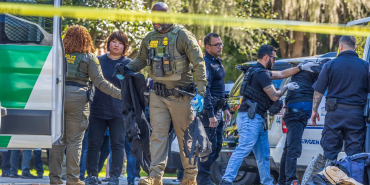
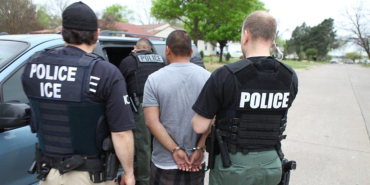





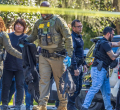
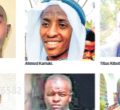
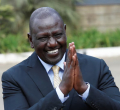





Add new comment